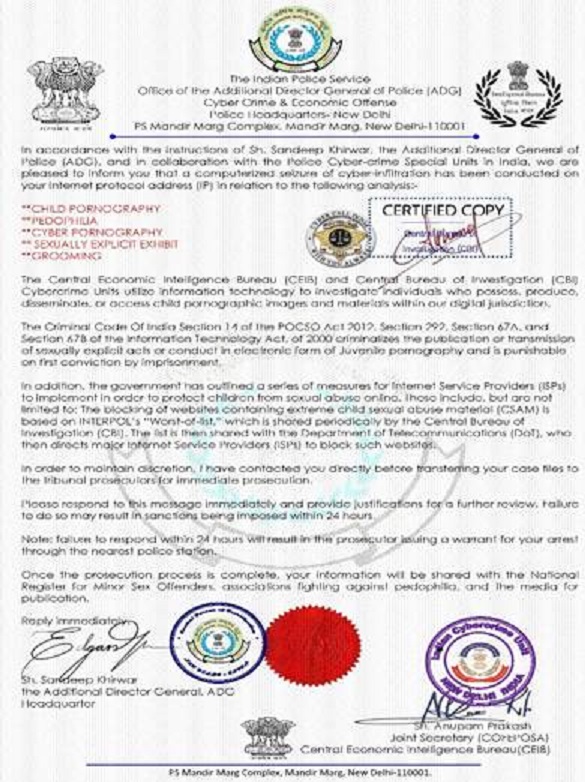Understanding the provisions:
Let us take a look at the provisions of Income Tax Act 1961(here referred as ‘the Act’). As per section 2(1B) of the Act, one company can amalgamate or merge with another company wherein all the assets and liabilities of an amalgamating company are transferred to the amalgamated company which is the resulting company.
Held in Saraswati Industrial Syndicate Ltd. v. CIT [1990] 186 ITR 278 (SC), “after the amalgamation of the two companies the transferor company ceased to have any entity and the amalgamated company acquired a new status and it was not possible to treat the two companies as partners or jointly liable in respect of their liabilities and assets” Therefore, by the virtue of amalgamation, the transferor(amalgamating) company ceases to exist and all assets and obligations of the non-existing entity get transferred to the transferee(amalgamated) company.
Analyzing the question:
Now the question arises whether assessment /re assessment proceedings can be done on the amalgamating company.
The section 170(2) of the Act clarifies that where the predecessor cannot be found,
“the assessment of the income of the previous year in which the succession took place up to the date of the succession and of the precious year preceding that year shall be made on the successor in like manner and to the same extent as it would have been made on the predecessor.”
There are several clarifications provided by courts for whether assessment/ re assessment proceedings can be done on a non-existing company. Let’s analyze all the elucidations.
Once a company is dissolved it becomes a non-existent party and therefore no action can be brought in its name [M.H. Smith (Plant Hire) Ltd. v. D.L. Mainwaring (T/A Inshore), 1986 BCLC 342 (CA)].
If a statutory notice is issued in the name of a non-existent entity, the entire assessment would be a nullity in the eyes of law [ CIT v. Intel Technology India (P.) Ltd. 380 ITR 272(Kar.); Pr. CIT v. Nokia Solutions & Network India (P.) Ltd.402 ITR 21 (Delhi; Rustagi Engineering Udyog (P.) Ltd. v. Dy. CIT 382 ITR 443(Delhi)].
The completion of assessment in respect of a non-existent company due to the amalgamation order, would render the assessment a nullity [CIT v. Micron Steels (P.) Ltd. 372 ITR 386 (Delhi)].
There arises another question whether an assessment upon an amalgamating company is a mistake within the meaning of Section 292B of the Act.
As per section 292B of the Act, “No return of income, assessment, notice, summons or other proceeding, furnished or made or issued or taken or purported to have been furnished or made or issued or taken in pursuance of any of the provisions of this Act shall be invalid or shall be deemed to be invalid merely by reason of any mistake, defect or omission in such return of income, assessment, notice, summons or other proceeding if such return of income, assessment, notice, summons or other proceeding is in substance and effect in conformity with or according to the intent and purpose of this Act”. The high Court in [Spice Entertainment Ltd. v. CIT (IT Appeal No. 475 of 2011)] has held that, “once it is found that assessment is framed in the name of non-existing entity it does not remain a procedural irregularity of the nature which could be cured by invoking the provisions of Section 292B of the Act.“
Analyzing this, it can be concluded that the said proceedings can not be done on a non- existing company i.e. amalgamating company and shall be considered as invalid. Moreover, the framing of assessment against a non-existing entity/person is a jurisdictional defect which can not be cured through invoking the provisions of section 292B.
Assessing Officer and the facts
There may be another confusion in this case what if the assessing officer is not informed of the amalgamation scheme and being unaware of the facts, he issues notice on the non-existing company. This issue is completely squared up by the Apex court and Kolkata High Court into parts which leads to a conclusion.
In the case of PCIT vs Maruti Suzuki India [Civil Appeal No. 5409 of 2019], the honourable Apex Court observed that assessing officer being aware of the facts of amalgamation issued notice to the amalgamating company. There the court treated this as void notice. However, being opposite in the case of CIT vs Shaw Wallace Distillers Ltd. [IT Appeal No. 32 of 2008], Calcutta High Court noted that assessing officer was not informed about the amalgamation as the assessee (amalgamating company) filed return in its own name. And the court treated the issued notice as valid.
Here, we can make a fair conclusion that if the AO is aware of the facts and then too issues notice and try to assess the amalgamating which is a non-existing company, there the such notice will be void and invalid and vice versa.



























